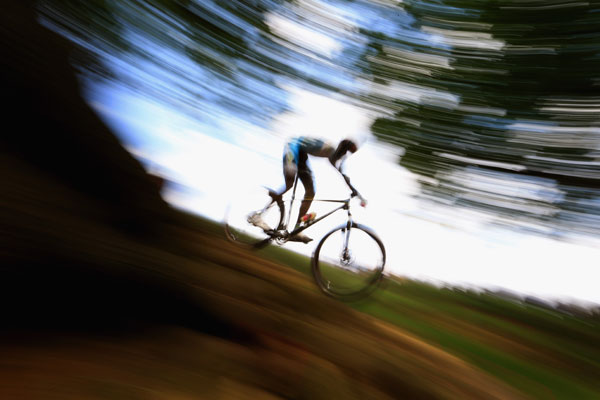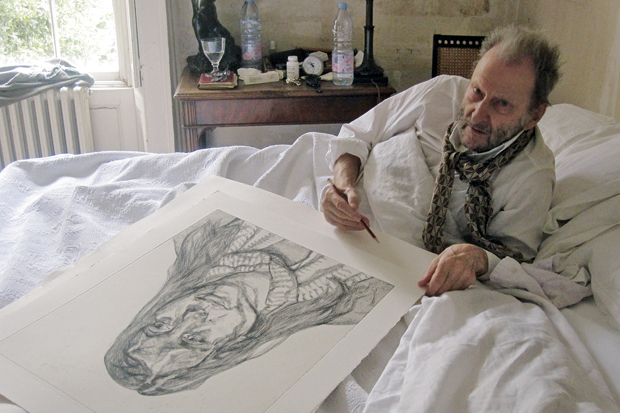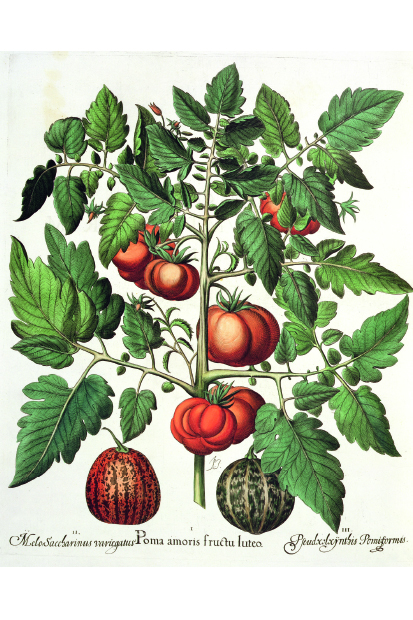It’s a real skill, writing about a journey where nothing ever happens. We shouldn’t be surprised that Simon Armitage is so good at it: he’s a poet, and therefore used to reporting on nothing happening, or rather spotting the little things that are always happening but the rest of us are too busy to notice. His chosen route this time — the South West Coast Path through Somerset, Devon and Cornwall and on to the Scillies — is normally praised because it gets you away from everything. Yet while he’s there Armitage discovers … well, maybe not everything, but certainly a very entertaining book’s worth of stuff.
His schtick is the same as last time (Walking Home, in which he covered the Pennine Way): he funds his walk by giving daily poetry readings at which he collects donations from the audience in a sock. Inevitably the haul include things other than money — a feather, an ‘I’m an Avenger’ lick ’n’ stick transfer, a bullet, a plastic badger and, inconveniently on a day when he’s been joined by his wife, a
message from someone called Naomi who is looking forward to intercepting me en route, though the card it’s written on is the type usually pinned on a wreath … ‘Maybe it’s you that should be worried, not me,’ she says.
After the interval at another reading the organiser asks Armitage: ‘Shall I introduce you again, in case people have forgotten who you are?’
The imagery is as impressive as you’d expect from a seasoned poet. Rubbish on a beach includes ‘deflated inflatables’, a church ‘feels like a space set aside, an enclosed otherness’, while boulders lie ‘half buried in the cliff face, bulging from their sockets, some like popping eyes, some like embedded embryos or eggs about to hatch’.
But 50 different adjectives for the same sunset do not a travel book make, and Armitage wisely focuses most of his prose on the human interactions that pepper his journey. He becomes the fourth entry in someone’s autograph collection (the first three were Little and Large and Geoff Capes), hears the stick with which he’s doing the walk earn him a greeting of ‘morning Gandhi’, and is alarmed by a report of dogging until he realises the person simply means dog-walking. An allotment holder brandishes a monster beetroot ‘like a severed head carried by its hair.’ A man emerges from the Ford Fiesta in which he has slept the night to clean his teeth with toothpaste and Stella Artois. A builder is known locally because he ‘listens to Radio 4 on site and insists his workmen keep their shirts on, “which comes as a disappointment to some people” ’.
The walking is hard, often requiring ‘spitting, swearing, sweating effort’. Armitage doesn’t always help himself; quoting Hank Williams, he says of a pair of trainers he has brought along,‘their soles are so thin that if I tread on a penny I can tell if it’s head or tails’, while he’s forced to admit to Mrs A that his sunstroke was caused by not wearing his hat because ‘it’s too hot’. But just as tricky is the path the book steers between humour and mere whimsy, and here Armitage never slips. A woman in Polzeath helps her husband into his wetsuit: ‘Breathe in, Roger. BREATHE IN.’ Someone advises on the number of combes before Port Isaac: ‘Too many, followed by another three.’ A woman at one of the readings asks: ‘Do you write your own poems?’ An audience member in Newquay reports that her daughter submitted a poem by Armitage as one of her own for a university assignment and got a B. The self-deprecation with which Armitage recounts these events is a big part of the book’s charm.
But there’s also time for reflection on life’s eternal truths. ‘All population centres of whatever size,’ for example, ‘need a place to belittle and disparage, either through historical grievances, local rivalries, ill-informed prejudices or out of some more primitive human tendency to define our own status in terms of a neighbour’s shortcomings.’ And the rest of us would just have seen Ilfracombe.
Got something to add? Join the discussion and comment below.
Get 10 issues for just $10
Subscribe to The Spectator Australia today for the next 10 magazine issues, plus full online access, for just $10.
Available from the Spectator Bookshop, £13.99 Tel: 08430 600033
You might disagree with half of it, but you’ll enjoy reading all of it. Try your first month for free, then just $2 a week for the remainder of your first year.














Comments
Don't miss out
Join the conversation with other Spectator Australia readers. Subscribe to leave a comment.
SUBSCRIBEAlready a subscriber? Log in